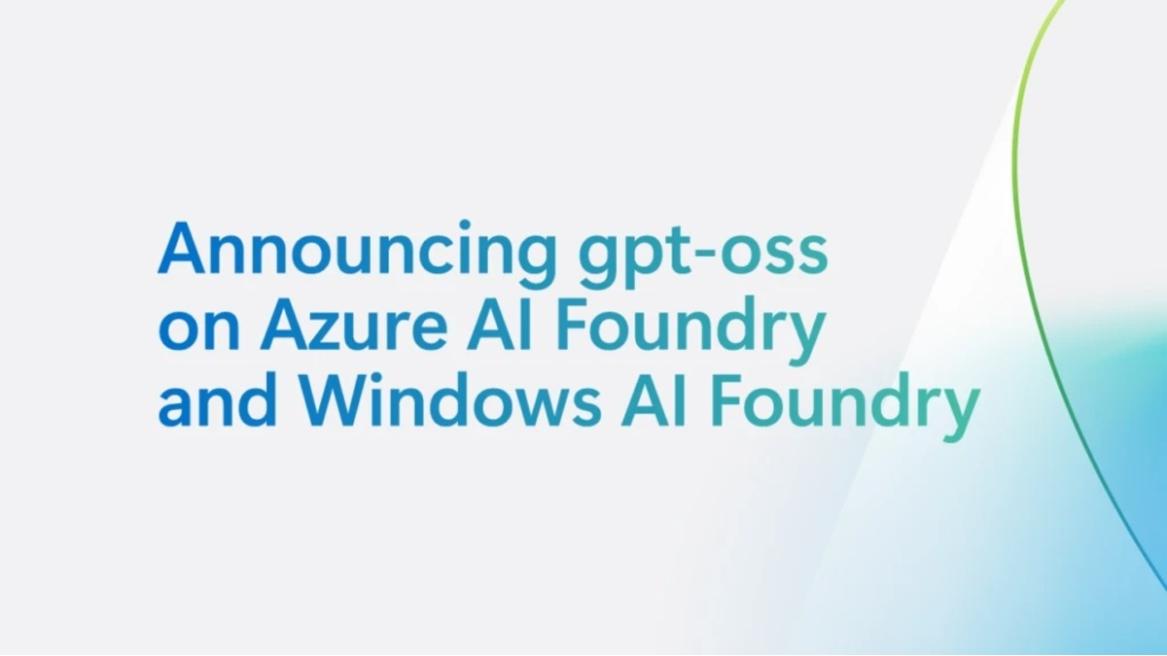
- Microsoft has brought OpenAI's smaller gpt‑oss-20b AI model to Windows 11 via Windows AI Foundry.
- Users can locally run OpenAI's AI model on Windows machines, but currently, it's only supported on Nvidia GPUs with 16GB of VRAM.
- If you want to try it on other hardware, you can check out LM Studio or Ollama.
OpenAI released two open-weight AI models: first, the larger gpt-oss-120b model, and second, the smaller gpt-oss-20b model. OpenAI says the smaller gpt-oss-20b AI model can run on edge devices such as laptops and smartphones with 16GB of VRAM. So, Microsoft, without wasting any time, has officially brought the smaller gpt-oss-20b model to Windows 11.
As part of the Windows AI Foundry, OpenAI’s gpt‑oss-20b model is now available via Foundry Local on Windows 11. Currently, only Nvidia GPUs are supported, which pack at least 16GB of VRAM. You need to install Foundry Local on your Windows 11 PC to access the gpt‑oss-20b model locally.
You can simply run the below commands in the Terminal on your Windows 11 PC to start using OpenAI’s open-weight model locally. Make sure you are running Foundry Local version 0.6.0 or above. This AI model has a total of 20 billion parameters and activates 3.6B parameters.
winget install Microsoft.FoundryLocal
winget upgrade --id Microsoft.FoundryLocal
foundry model run gpt-oss-20b
While Microsoft’s official method only lets you run OpenAI’s open-weight model on Nvidia GPUs, there are plenty of other solutions that allow users to locally run such models. You can install LM Studio on your Windows 11 PC to start using the gpt‑oss-20b model locally. You can also set the reasoning level for the model via LM Studio, and it uses the CPU or GPU for inference.
Apart from that, Ollama also lets you run the gpt‑oss-20b model locally on Windows 11. But note that many users are complaining that Ollama’s performance is not as fast as LM Studio. So these are the few options you can use to run OpenAI’s open-weight model on your Windows 11 machine right away.